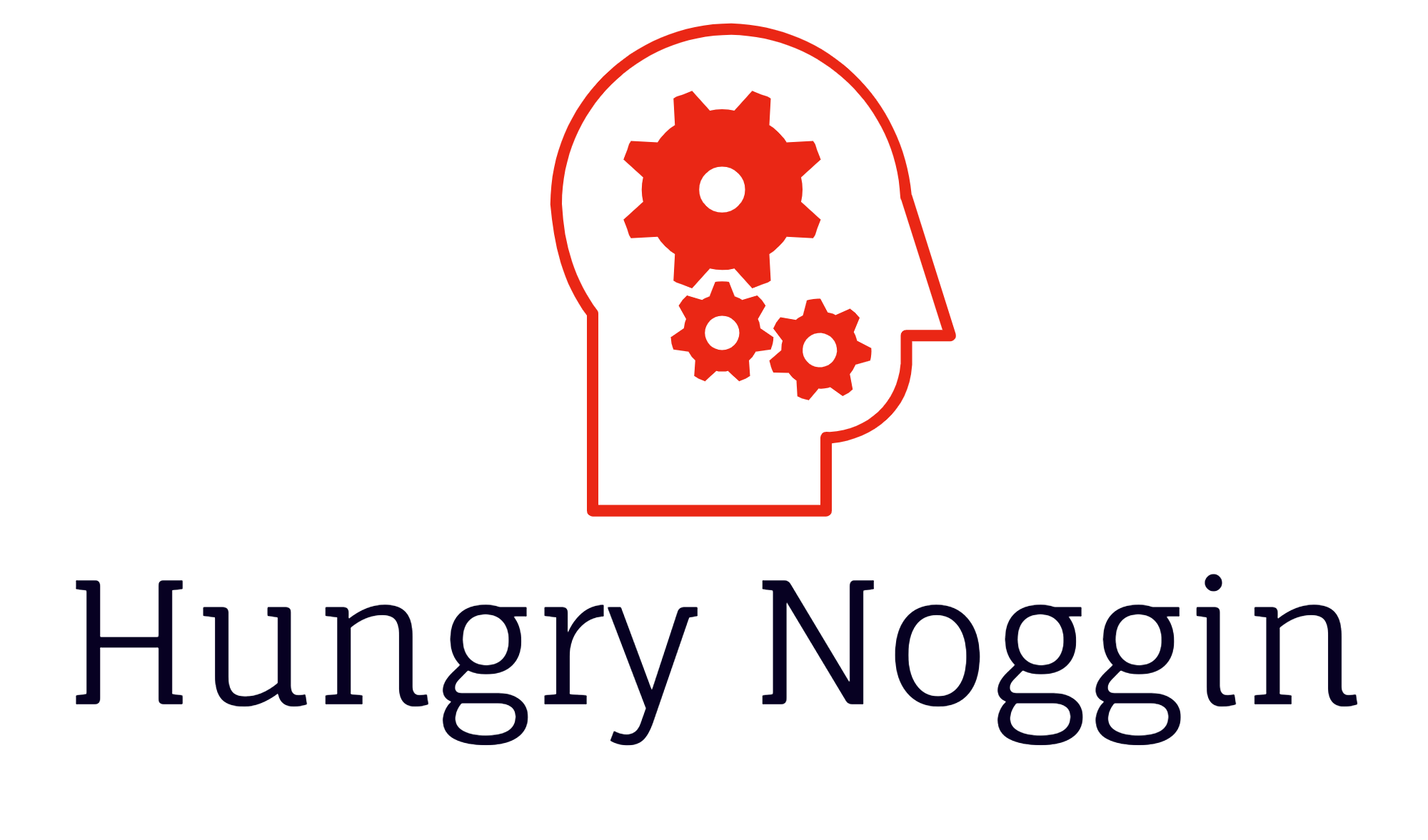Economies Following Pandemics
Economies Following Pandemics
As unfortunate as the following words are to write, pandemics are a common theme throughout human history. So too then, are the responses of economies following those pandemics. Looking at some of the more significant pandemics in recorded human history and the economic reactions to them reveals some commonality that can hopefully be viewed as a faint silver lining to the pandemics that preceded the responses. The Black Death, The Spanish Flu, COVID 19, scary names, and even scarier death tolls. They have ravaged the countries and economies they have infiltrated their way into. Once dealt with though, a different economic picture reveals itself. In some instances gloomy, and others rosey. A deep dive is revealing.
The Black Death. Perhaps the worst pandemic humans have ever faced. An estimated 25 million people died from it’s grip. A significant chunk of the world’s population and subsequently, it’s workforce. This led to significant changes in bargaining power in the late 1300s. For serfs in Europe, as their numbers dwindled, those that survived steadily gained leverage over their local landowners. With a smaller number of serfs to work the land of wealthy landowners, suddenly the landowners had to fork up larger payments to incentivize serfs to choose to work their land over other landowners. There was not enough labor to go around. Some landowners were even forced to sell off some of their land due to the lack of available workers. With the rise in wages outpacing inflation, landlords' profit margins contracting, the wealth gap began shrinking. In the end the Black Death just about claimed feudalism amongst its victims.
500 years later, the world found itself on its heels once again. It was due to a boogeyman that came to be known as the Spanish flu. With a larger world population facing it, and an increasingly international global economy budding, the Spanish Flu’s death toll doubled that of the Black Death’s. Coming in at an estimated 50 million lives. While the Black Death had a clear silver lining, the Spanish Flu’s remains murky, if not altogether absent. Similar to COVID 19, the Spanish Flu found a preferred target. The disease disproportionately affected younger, working age men and women. This, along with restrictions put in place to slow the disease’s spread, weighed on the world’s production engines. Coal mines, warehouses, and any manufacturing operation that required close quarters were forced to shut their doors until the spread dwindled. Not only did production feel this virus’ might, but consumption, the largest driver of an economy, did too. In an economic sense, lives lost were also spenders lost. Those that survived had to hope that their jobs were still available and any income that they made may have been better off being saved as to hedge against another calamity in the future. It was a challenge for individuals and businesses alike. Unlike the Black Death, it did not bring about greater prosperity for those able to beat it. These contrasting economic outcomes create some uncertainty for our world’s present situation.
So what will happen to the world’s economy in the months and years to come? It is hard to look beyond the health effects but that is our focus here. Will it see unexpected benefits for some groups of people as the Black Death brought about? Or will it end up being remembered in the same dim light as the more recent Spanish Flu? Time will tell all but there are a few clues for now. The COVID 19 pandemic has sent deep tremors through it’s different avenues. Suddenly cities are no longer the hubs they were a year ago. With that fact comes many downstream effects to the plethora of economic activities that relied on their residents. Featuring prominently in that group is those businesses and individuals operating within the service industry. An industry built on tips and tight profit margins. A year of operating at 50% capacity for some will challenge even the best of them. On the other side of the coin, perhaps for those that did the fleeing from the cities, the change may be a boon to their futures. A New York city paycheck goes a long way in the suburbs. Here’s to hoping they last. Time will tell how this virus treats our economic future. Stay tuned, and stay safe.
